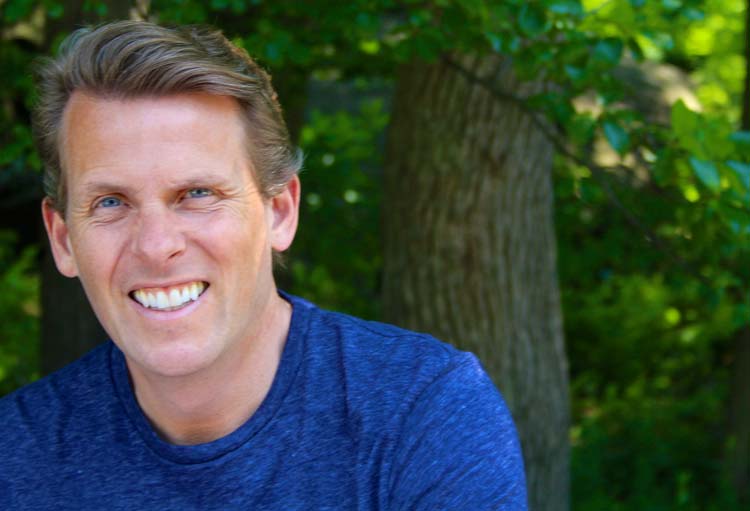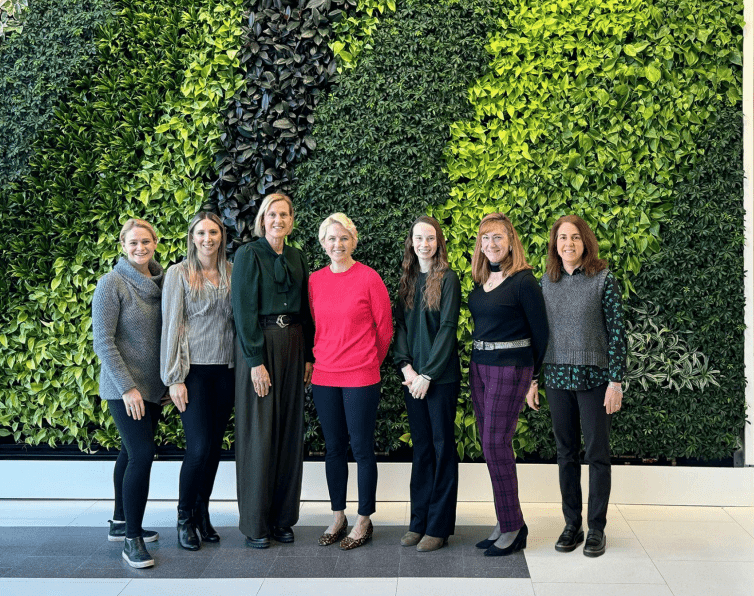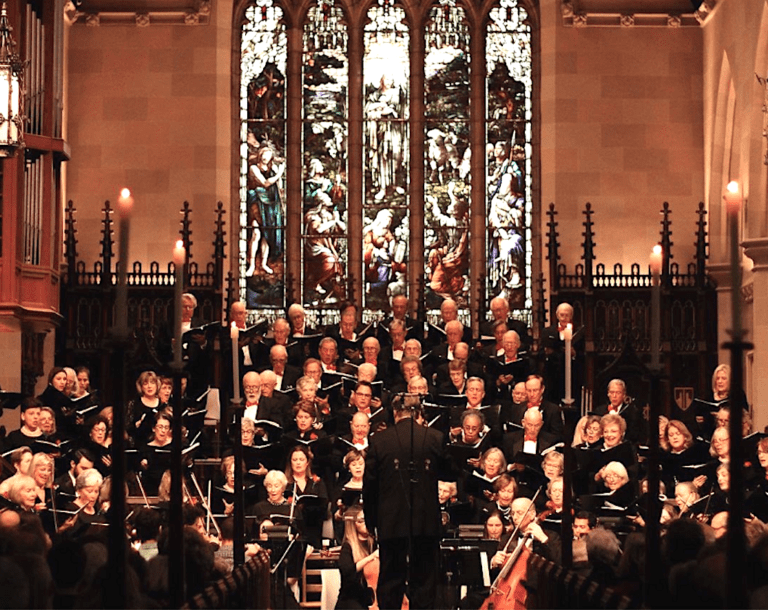
By Drew Williams
In a place that is not unknown to me, far, far away and across a large ocean, there is a scattering of small churches, each with tiny congregations of about eight to twelve people who say, “We may be small but we are perfect. We like things just the way they are and we think we have just enough in us to continue in just this way until we die.” The sad fact is that they are absolutely correct.
When they die, the church in that community will die with them. These congregations have succumbed to the temptation to withdraw from the world, to pull up the drawbridge and join the religious heritage industry.
One of these congregations had to face extensive renovation work on the church building and for a few months it was necessary for the handful of them to meet for Sunday morning worship in the local community hall. Over this period, the congregation of eight began to grow. Somehow the warm but tatty informality of the community hall was attractive to those who would not brave the beveled pew of a sanctuary. There was space for children, and so some new families joined them each Sunday. A widower out walking his dog one Sunday morning was curious to find out where all the singing was coming from and he and his dog became regular attenders. A single mom and her three small children brought with her some other young single moms and even more children. A heavily-tattooed teenager with some interesting facial piercing showed up and helped fine-tune the improvised sound system. The congregation tripled in this season out of its building. The original eight church members were taken by surprise and called an emergency meeting of the church council. (As they constituted the church council, this was not difficult to arrange.) The main item on the top of their emergency agenda was how to go back to their beloved church building without taking the new people with them.
What kind of a church would not welcome newcomers and rejoice to see the family of God grow? As Rick Warren says, it would be a church that forgot it was supposed to be “…a hospital for suffering sinners, not a hotel for smug saints.”
The apostle Paul wrote, “The saying is trustworthy and deserving of full acceptance, that Christ Jesus came into the world to save sinners, of whom I am the foremost. (1 Timothy 1:15). Notice the present tense “…of whom I am the foremost.” To the church in Corinth, he made the same point: “For I am the least of the apostles, unworthy to be called an apostle, because I persecuted the church of God.”(1 Corinthians 15:9). Again, present tense. Why? Paul was, after all, no longer killing Christians! What he was showing us is that we never graduate from being sinners who are saved by grace. The closer we get to God, the more we see our own brokenness. In Mere Christianity, C.S. Lewis wrote, “The real test of being in the presence of God is that you either forget about yourself altogether or see yourself as a small, dirty object. It is better to forget about yourself altogether.”
If the body of the Church is operating faithfully, it will always be a community where we can be honest about sin, our brokenness, our weakness, or just about the general mess of life. The Church is meant to be a community where it is safe to open up about one’s humanity and admit that we are not perfect people. Timothy Keller put it this way, “The Christian Gospel is that I am so flawed that Jesus had to die for me, yet I am so loved and valued that Jesus was glad to die for me. This leads to deep humility and deep confidence at the same time. It undermines both swaggering and sniveling. I cannot feel superior to anyone, and yet I have nothing to prove to anyone.” The secret is out. Every one of us experiences brokenness, whether it is depression, burn out, cancer, sadness, death, grief, guilt, shame, disability, disease, relational strife, loneliness, lust, anxiety… and the list goes on. None of us escapes unscathed.
Suburban culture, however, seeks to expunge our brokenness. It attempts to airbrush the fractures in our humanity — to hide, cover, deny our own brokenness. When I was being interviewed for the positon of Senior Pastor of Trinity Church I was overwhelmed with the perfection of the neighborhoods I was seeing on a tour of the area. I felt like I was on the set of “Desperate Housewives.” But as I stood surveying manicured lawns and perfect white picket fences, two police cars screeched into a circular drive to deal with some kind of domestic disturbance that was taking place behind this perfect veneer. Everything in the culture seems to be designed to hide our brokenness from one another. The reality is that we all need healing and we never grow out of that. The church, the faith community, should be the one place where we can be honest and where we don’t have to hide anymore. Here God will mend our broken hearts, if we give Him all the pieces.
Contrary to what we would expect, owning our brokenness is the pathway to blessing!
There are no alternative routes; there are no short-cuts. The very thing we dread and are tempted to resist is actually the means to God’s greatest blessings in our lives. So let’s say I get honest with myself about my own brokenness. Now what? What do I do with that? The family of God is not just a community of the broken but a community of healing.
A friend of mine in the U.K. shared that in the span of one year members of his small group at church had walked through the death of a parent, a crime, addiction, anxiety, marital discord, job transition and disability. Yet they weren’t stalled by any one of these challenges. Rather, they prayed, studied God’s word, supported each other, and reminded one another of who God is and what He has done. They didn’t just listen to one another’s travails and lament. They listened, then they looked to God together, and ministered His healing love and mercy to one another. Our shared brokenness points us to the mercy of Jesus that meets us in one another. Together we look to the redemption we all share in Christ Jesus and His work on the Cross.
But the faith community is not just a place for my own healing. We are also called to be a community of redemption, holding out the love and healing of God to a broken and hurting world. And here is the glorious paradox in all of this: God delights to use broken people to minister to broken people. Vance Havner wrote, “God uses broken things. It takes broken soil to produce a crop, broken clouds to give rain, broken grain to give bread, broken bread to give strength. It is the broken alabaster box that gives forth perfume. It is Peter, weeping bitterly, who returns to greater power than ever.” Pope Francis told the Vatican, “I am a sinner whom the Lord has looked upon. This is what I said when they asked me if I would accept my election as pontiff.” It’s in our weakness that we are driven to rely on God and not ourselves. It’s our weakness that gives others a foothold on God’s mercy for them! Paul never waited to be completely healed before he allowed God to use him. God is looking for broken men and women who have judged themselves in the light of the Cross of Christ.
When God wants anything done, He takes up men and women who have come to the end of themselves, whose confidence is not in themselves, but in God. A church without the broken is a broken church. The hope that God has set in us is that we will minister to one another and to the world, despite our unfinished state. Pope Francis wrote with passion, “I see clearly that the thing the church needs most today is the ability to heal wounds and to warm the hearts of the faithful; it needs nearness, proximity. I see the church as a field hospital after battle.” I love that analogy!
So many people have given up on life. So many people have given up on God or believe themselves to be outside the reach of His mercy. So many people believe that there can be no redemption for them, no hand to raise them up, no mercy, no second chance, no healing – no love.
Under God, as people of faith in Greenwich and nearby towns, this is our purpose: in all our imperfection, God is exhorting us to bring His healing, His justice, His welcome, His love, His mercy to a world that is in disconnection, disunity and discord.
The truth is that, wherever we come from, God is in every person’s life — even if, from our viewpoint, we judge the life of a person or their place of origin to be a disaster. We are called to behold the image of God in every human life. Perhaps all we can see is thorns and weeds but God sees the whole picture and He does not give up on any of us. There is always a space in any human life in which the seed of God’s mercy, healing and love can grow.
James Aughey wrote, “The church is not a select circle of the immaculate, but a home where the outcast may come in. It is not a palace with gate attendants and challenging sentinels along the entrance-ways holding off at arm’s-length the stranger, but rather a hospital where the broken-hearted may be healed, and where all the weary and troubled may find mercy.”
The Rev. Drew Williams is senior pastor at Trinity Church in Greenwich.




